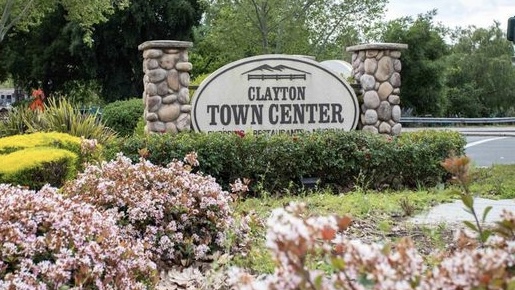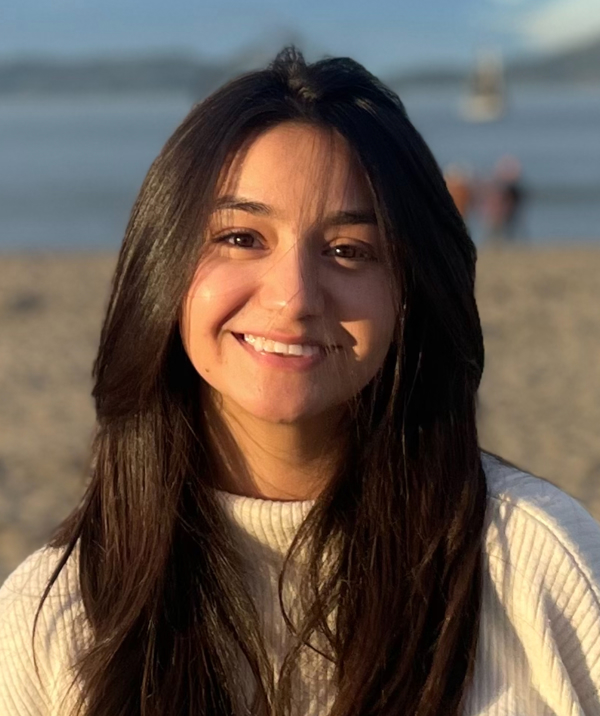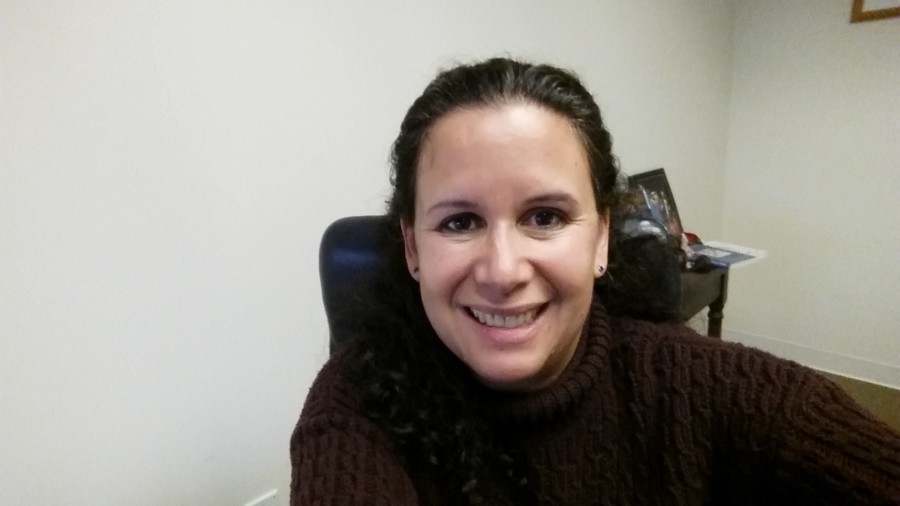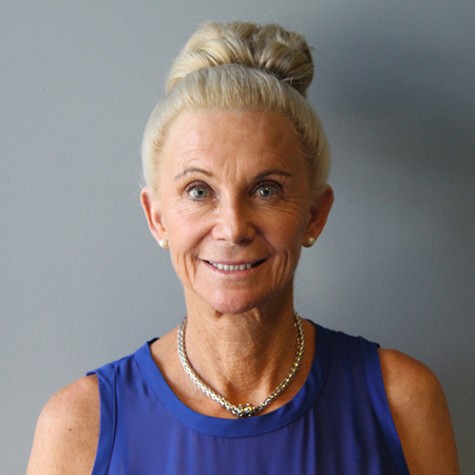College ensures accommodation after disability complaints
This is Monica Castillo, a partner in the law firm Sarrail, Castillo and Hall, who represented Shelby Heifetz in her lawsuit discusses the case in her office in Burlingame, California on December 1, 2015.
December 8, 2015
Two legal settlements are requiring campus adjustments for disabled students at DVC.
This year, the Contra Costa County Community College District settled two federal lawsuits alleging noncompliance with the Americans with Disabilities Act (ADA) on the DVC campus. Each of these settlements requires payment of monetary damages to the plaintiffs and modifications to campus structures and classrooms.
Irving Griffin, who is wheelchair bound, filed his action against the District in 2012 claiming that he was denied full and equal access to various campus facilities. The settlement agreement requires the District to perform work to improve wheelchair access on campus. The specific work required is outlined in a 55 page attachment to the settlement agreement.
Shelby Heifetz, who is blind, filed her action against the District in October 2013, alleging inadequate braille signage and resources, unsafe stairs and doors that shut too quickly. Although the specific terms of the settlement are subject to a confidentiality agreement, Heiftez’s lawyer, Monica Castillo, confirmed that the settlement requires the District to add braille signage and adjust stair areas and doors.
The Heifetz settlement requires that the agreed upon modifications to the buildings at DVC be completed within five years. The Griffin settlement calls for some of the agreed upon work to be done within eight months from the date of settlement and other parts of the work, which require state approval, to be completed within five years. According to Tim Leong, the District Director of Marketing and Communications, the District is adhering to this timeline and has spent approximately $75,000 on the work, so far.
The ADA requires colleges to make reasonable accommodations to provide students with disabilities equal opportunities to participate in academic programs and other college activities. Those accommodations can be academic adjustments, such as longer time to take tests, additional services, such as providing notetakers or interpreters, and making physical changes to the campus.
In order to make a claim under the ADA, the plaintiff must show that he or she is disabled within the definition of the law, that the defendant operates a place of public accommodation and that plaintiff has been denied that public accommodation by defendant due to his or her disability. The defendant can lawfully refuse to make the requested accommodations if they would create undue financial hardship for the institution, fundamentally alter the institution’s academic program or the requested accommodation is of a purely personal nature, such as assistance with eating.
Enforcement of ADA requirements is strictly “complaint driven” because there are no government officials monitoring implementation of the law. If one wishes to file an ADA complaint, he or she may follow any one of four available legal paths: 1)file an internal complaint with the institution; 2) file a complaint with the Office of Civil Rights of the U.S. Department of Education or the Department of Justice; 3) attempt an informal resolution with a private mediator; or 4) file a lawsuit in the federal district court. DVC’s Vice President of Student Services, Newin Orante urges the approximately 1,500 students who are in DVC’s Disabled Student Services programs each semester, “not to be afraid to ask questions so that we can help them.”








































































